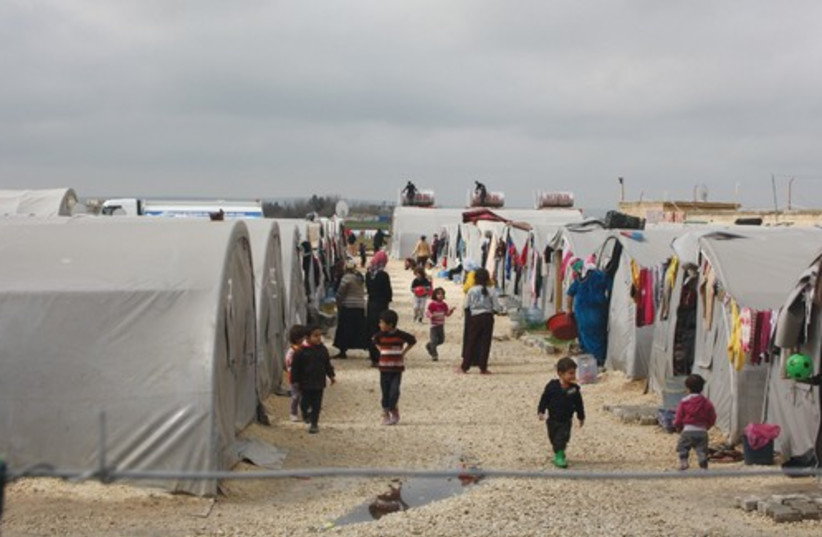Russia will host the deputy foreign ministers of Turkey, Syria and Iran for a meeting next week, according to reports coming out of Ankara. This is an important meeting because it is yet another sign of Syria being drawn into the mix of ministerial meetings. Since 2016, Russia has been encouraging a process, named after Astana in Kazakhstan, that brings together Russia, Iran and Turkey for this purpose.
The Astana process was designed by Russia to exclude the United States. Moscow intervened in Syria in 2015 and has backed the Syrian regime ever since. Iran has been involved in the war-torn country for many years, backing the regime as well and moving weapons through Syria to Hezbollah.
After the US pulled back from its threats to attack Syria in 2013 over its use of chemical weapons, Russia stepped in to make sure the regime would survive. Today, the Syrian regime is thriving on new normalization in the Arab region, with recent visits to Oman and numerous hostings of diplomats from the Gulf.
Russia’s goal now is to raise the profile of the Syrian regime with hopes that this can lead to a Turkish reconciliation with Damascus. Turkey has backed Syrian rebel groups over the course of the Syrian civil war. In recent years, it has sought to use those groups as proxies to fight Kurdish groups in Syria.
The US plays a key role in Syria as well, backing the Syrian Democratic Forces (SDF). Russia’s goal is to make sure the US loses out in Syria – and hopes that Iran and Turkey will help it in that process. The Syrian meeting also comes as Russia has increased its attacks in Ukraine.

Turkey hosts Iran's foreign minister
Turkey also recently hosted Iranian Foreign Minister Hossein Amir-Abdollahian. According to a report from Al-Arabiya, “[Turkish Foreign Affairs Minister Mavlut] Cavusoglu said Abdollahian wanted to join the talks between Turkey, Syria and Russia, and Turkey happily agreed.”
Turkey stands in opposition to the American role in Syria and recently summoned US Ambassador to Turkey Jeff Flake to reprimand the US for a visit by Chairman of the Joint Chiefs of Staff Gen. Mark Milley to eastern Syria.
“Astana is the only surviving format [to address] Syria. We are planning a meeting between the four foreign ministers,” Cavusoglu told a joint news conference with Amir-Abdollahian. This means that Turkey and Iran are interested in working more closely with Russia. Meanwhile, Turkey is heading to elections in May and has suffered a massive earthquake, so it is not clear if Ankara will change its Syria policy before then.
It remains to be seen if the meeting with Russia will increase ties between Syria’s regime and Turkey. Recently, Iran and the Syrian regime slammed Israel for what they claimed was an airstrike on Aleppo Airport.
Turkey and Israel have begun to reconcile relations in the last year. However, regarding Syria, it is not entirely clear how Turkey wants to work with Russia and Iran on issues and whether Ankara will change its Syria policy.
